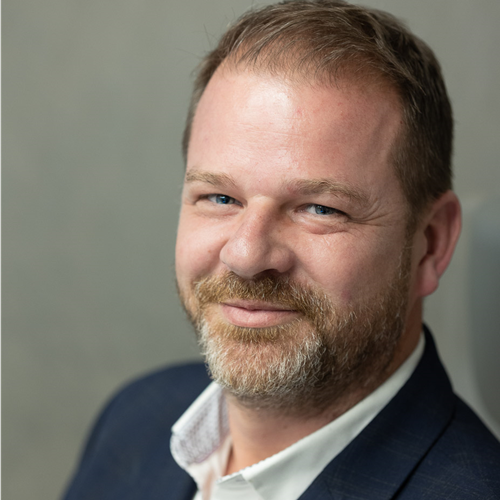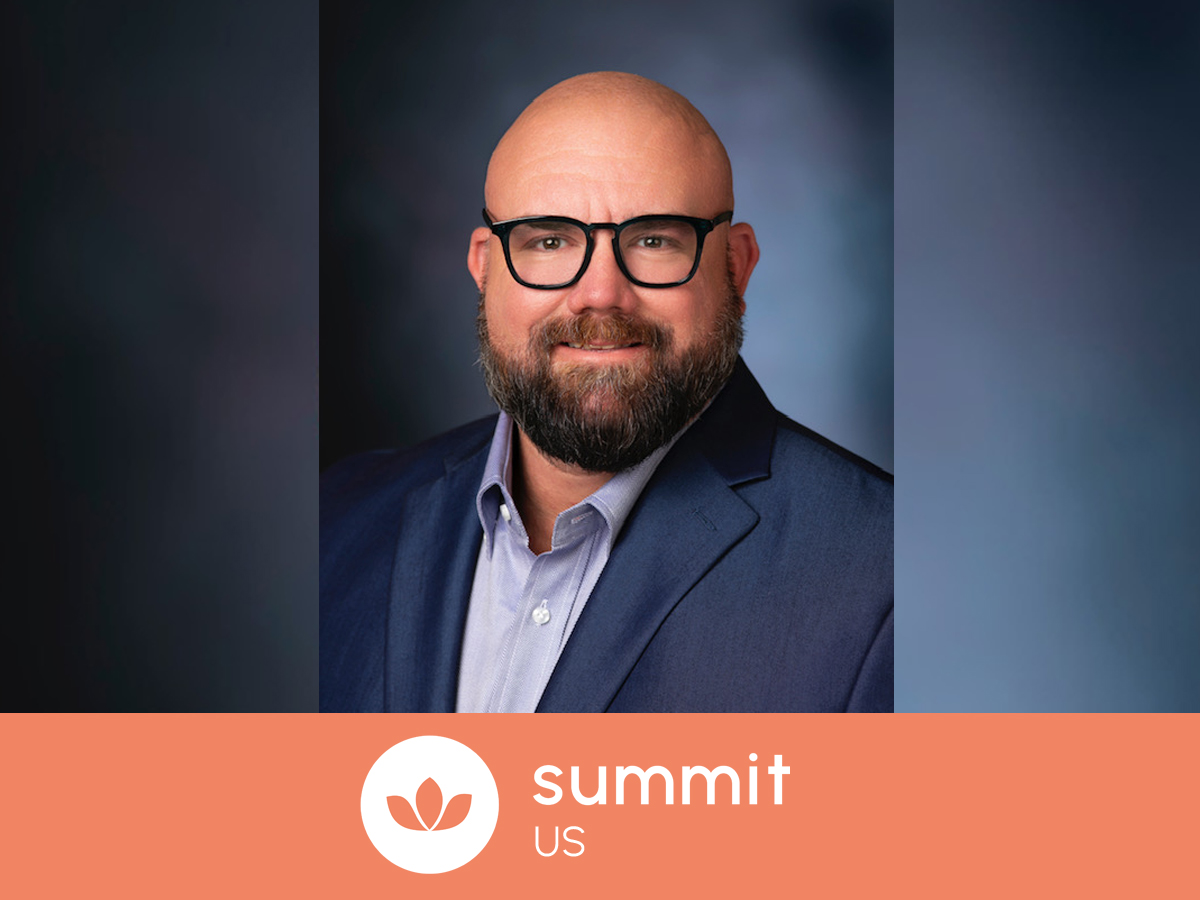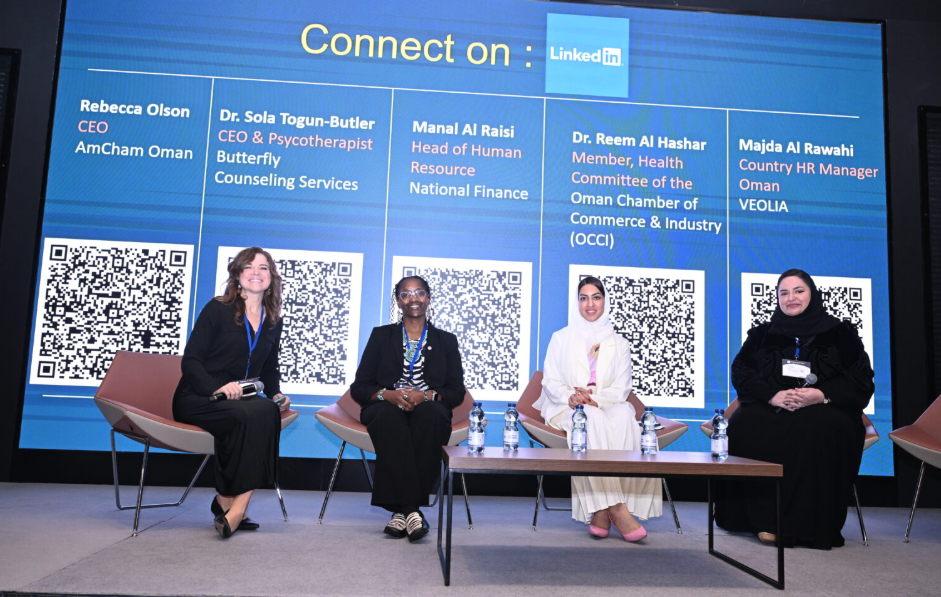
A well-established HR Leader with an inspiring journey and story, Nicole has over 10 years combined experience in the fields of HR, Marketing and the Academe. Having completed a bachelor’s degree in psychology and master’s in industrial organizational psychology, she has maximized her knowledge and combined it with her strong passion for helping people to build her expertise on culture-building, DEI, employee experience, talent and organizational development, performance management, learning & development, and talent acquisition. Currently, she is the Director of Human Resources and Corporate Communications for Singapore and Hongkong of a leading global marketing network, McCann Worldgroup.
We are delighted that Nicole will be speaking in Singapore as part of our Asia summit. We caught up with her to see how she’s feeling in the runup to the event.
Hi Nicole, we are thrilled that you will be speaking at the Wellbeing at Work Asia Summit in March. Our first and most important question is, how are you doing today?
I’m feeling inspired and energized. Recently, I’ve had the opportunity to attend several impactful events, from celebrating women’s achievements to focusing on the importance of mentorship, community, and inclusion. These topics align deeply with my passion for creating supportive work environments where people can thrive.
As a leader based in the region, what are the main challenges you are facing when it comes to employee wellbeing and mental health?
The biggest challenge is still encouraging people to prioritize their own wellbeing and seek help when needed. Even though there’s growing awareness about mental health, employees often feel pressured by work demands or personal responsibilities, making it hard for them to focus on their mental health. There’s also the lingering stigma that asking for help might be seen as a weakness, which holds many people back from reaching out.
What strategies have you seen developing over the past 6 months, both internally and externally, that are moving the dial on wellbeing in the workplace?
There’s been a real shift in organizations creating more opportunities for honest conversations around wellbeing. From fireside chats to training, coaching programs, and mentoring, companies are making it easier to talk about mental health openly.
A key trend I’ve seen is the development of wellbeing initiatives that are more inclusive, catering to the diverse needs of employees—whether that’s parents, caregivers, neurodiverse individuals, or others with specific requirements.
I’ve also seen more companies exploring AI and technology to help fill gaps in mental health support, whether through increasing the availability of services or reducing costs. At McCann Worldgroup Singapore, we’re particularly proud to have introduced an external international certification program, where we certify employees as Mental Health First Aiders. This initiative not only gives us confidence that we have trained individuals ready to respond to mental health challenges, but it also plays a crucial role in raising awareness and fostering a culture of understanding. By educating our employees, we’re enhancing daily interactions and creating a more supportive environment across the office.
Why is employee wellbeing so important to you personally?
Having struggled with depression and multiple suicide attempts for over a decade, and emerging from that journey with a renewed sense of purpose, mental health has become something I’m deeply passionate about. For me, advocating for mental health and creating a workplace that prioritizes employee wellbeing is not just a professional responsibility—it’s a personal commitment to give back and express my gratitude for the second chance I’ve been fortunate to receive.
Throughout my own experience, I faced much of it in isolation, and that’s a reality I don’t want others to endure. As an HR leader, I’m driven to create safe spaces where people can be their authentic selves, without fear of judgment. I believe everyone deserves to feel supported and understood, and it’s my mission to ensure that no one has to face their struggles alone in the workplace.
What impact is AI having in your organization and how are you managing that?
AI has been incredibly helpful in boosting productivity and efficiency across the organization. Tasks that once took weeks to complete, requiring a lot of resources, can now be done much faster and with fewer people. However, we’re also mindful that AI should enhance human work, not replace it. We try to balance technology with the human touch to make sure we’re still fostering the right kind of work culture.
Other than AI, are there any challenges that you are seeing for the first time and how are you addressing them?
AI integration may be an emerging yet inevitable challenge, but I see it as an opportunity to improve how we work. There are definitely areas we need to be careful with, but overall, it’s exciting to think about how we can use technology to make work more efficient and accessible.
Another challenge I’m seeing more is the complexity of managing a multigenerational workforce. Employees of different generations have different needs and expectations, and it’s important for organizations to adapt to these shifts. Finding ways to engage and support a diverse workforce will continue to be a priority for us.
What areas do you think employers should be focused on over the next 12 months?
Employers should invest in truly understanding their people’s needs and providing the right kind of support. Wellbeing is not one-size-fits-all—it requires a personalized approach. Equally important is training leaders to create a culture of wellbeing and inclusion, which will drive lasting change throughout the organization.
Do you feel that investment in employee wellbeing in the region is increasing or decreasing and is that a direct reflection on HR leaders’ increasing ability to demonstrate effective returns of their strategies to leadership?
I believe the investment in employee wellbeing is increasing, and this is not just a result of HR’s efforts. While HR plays a key role, it’s the leadership teams and employees at all levels who are championing this shift. When everyone takes ownership of wellbeing, the impact is much more meaningful.
How has your organisation been leading the way?
At McCann Worldgroup, DEI (Diversity, Equity, and Inclusion) has been at the core of our strategy for years. We’ve worked hard to integrate DEI across every level of the organization, not just within HR. Our “conscious inclusion” philosophy focuses on creating consistent, deliberate actions that support an inclusive culture. In our Southeast Asia markets, we align this approach around four key pillars: conscious well-being, connections, communications, and causes. This ensures that inclusion is woven into everything we do, from policies to culture to everyday interactions.
Nicole will be speaking in Singapore at the Wellbeing at Work Summit Asia. Further details on the Summit can be found here.



